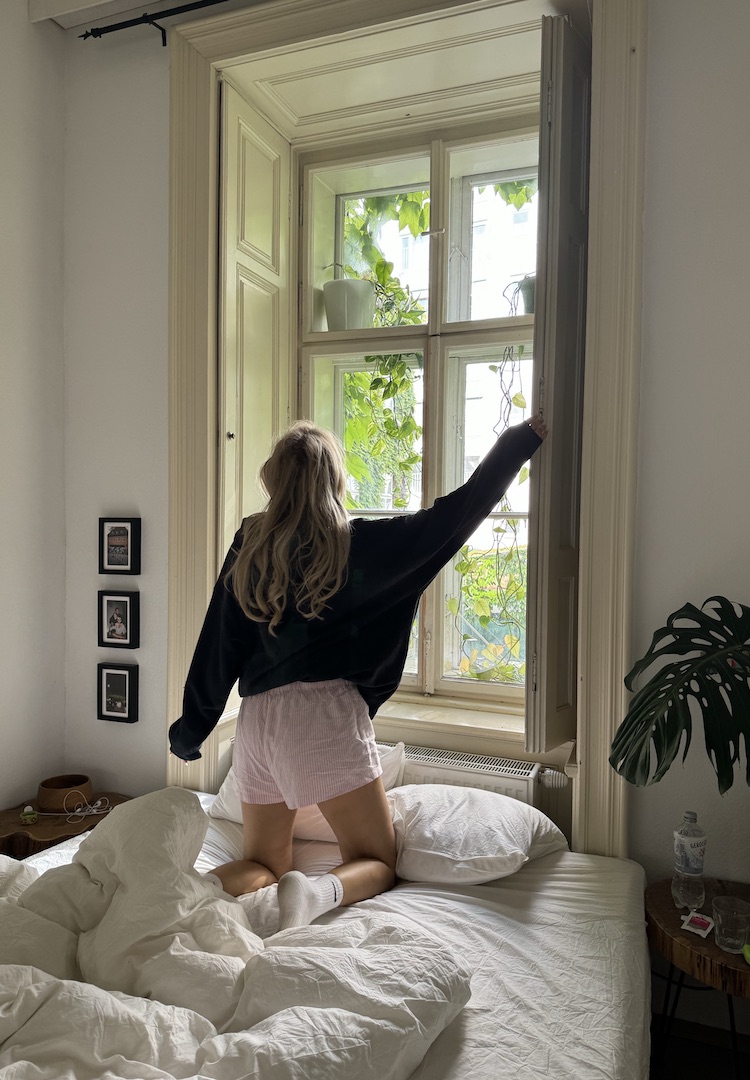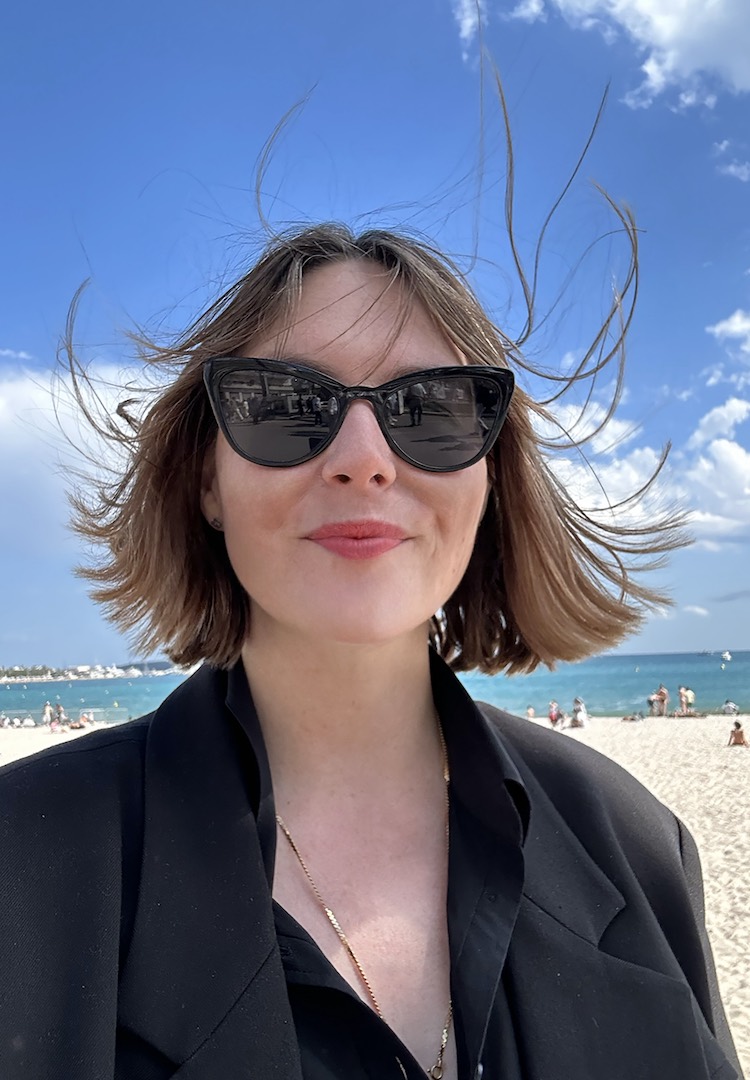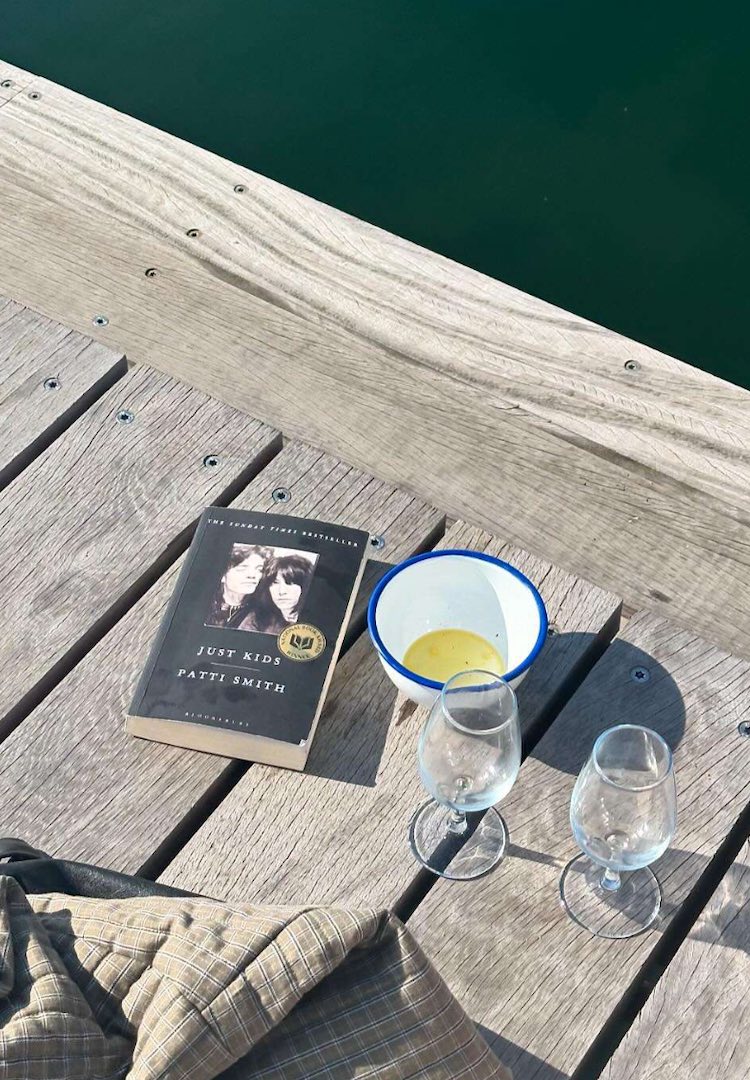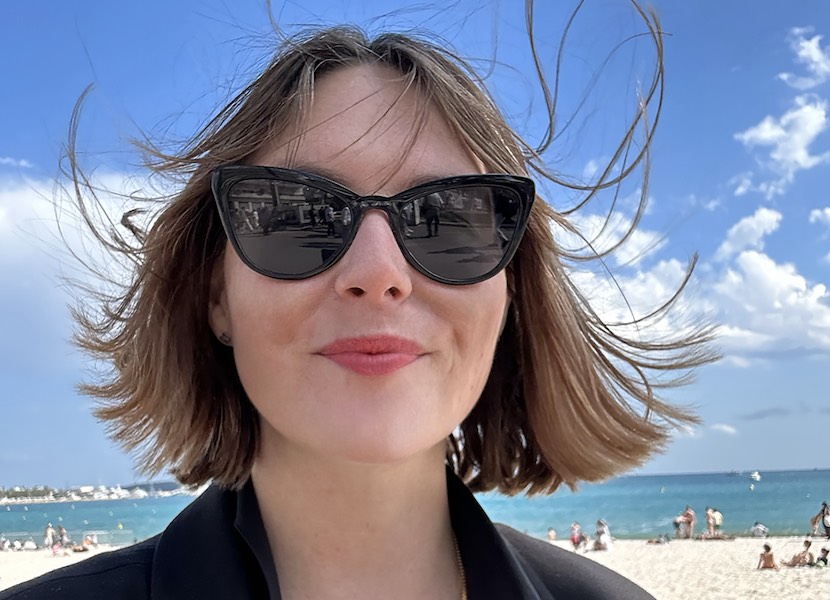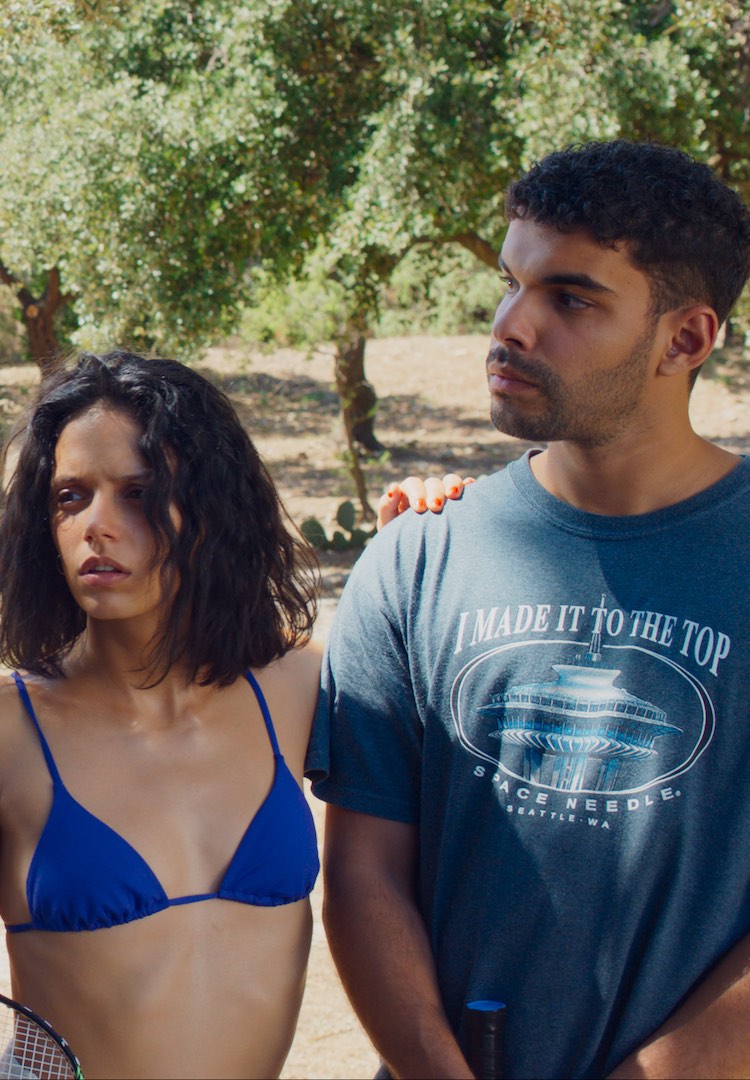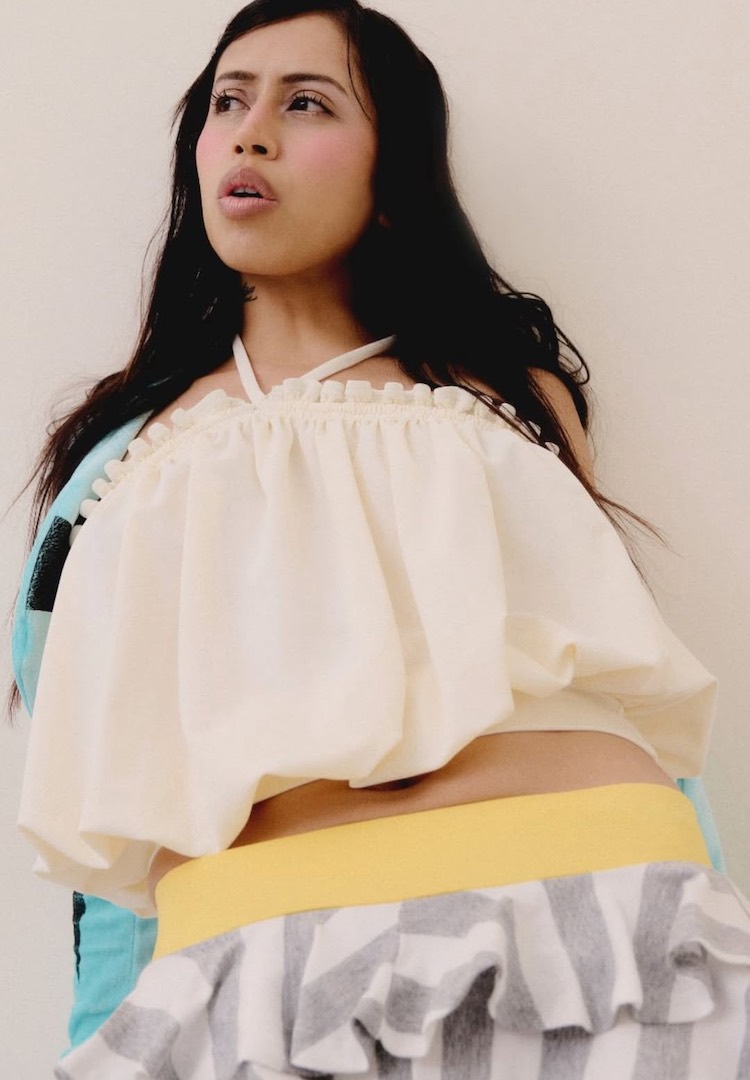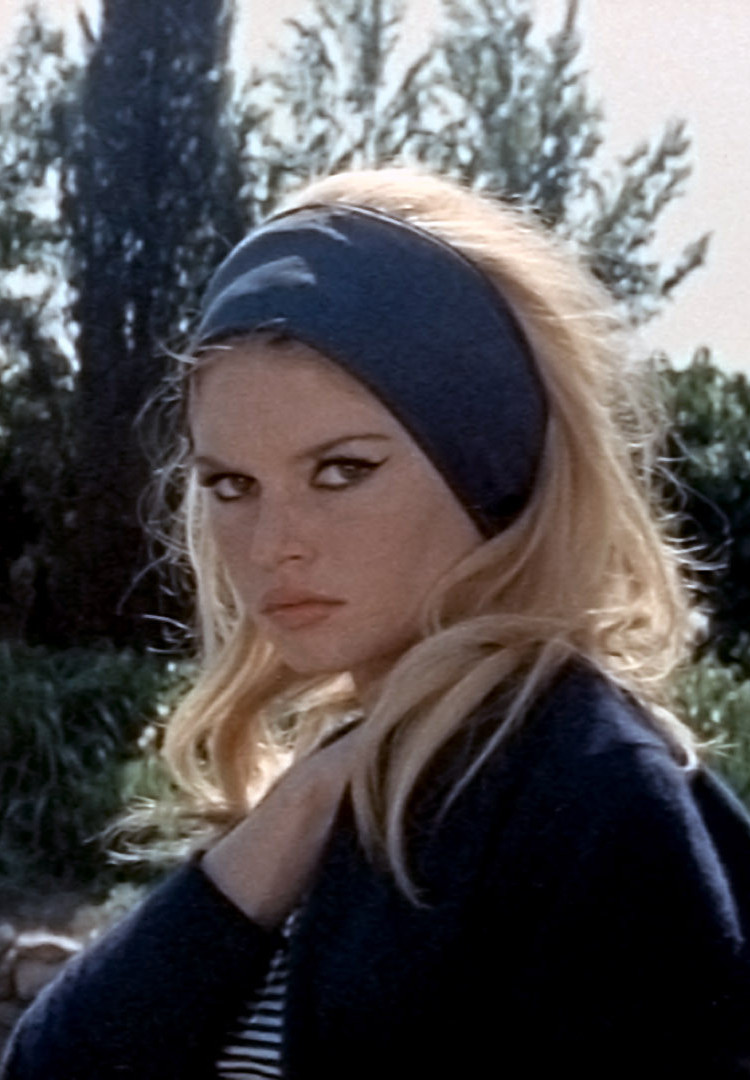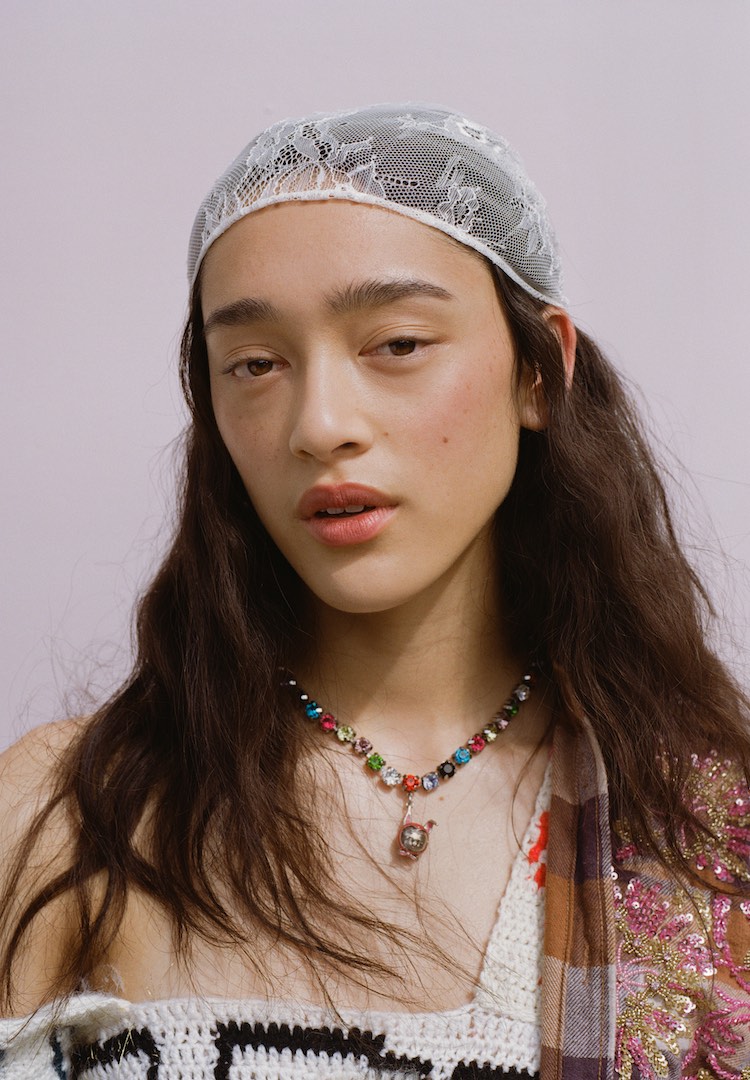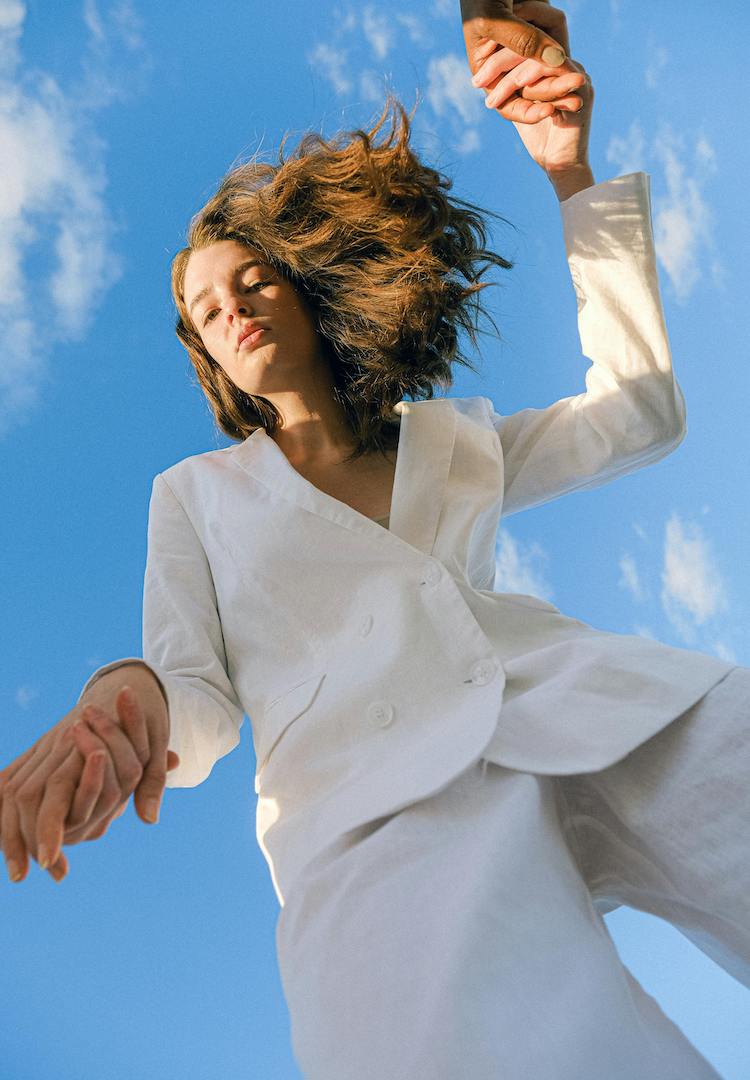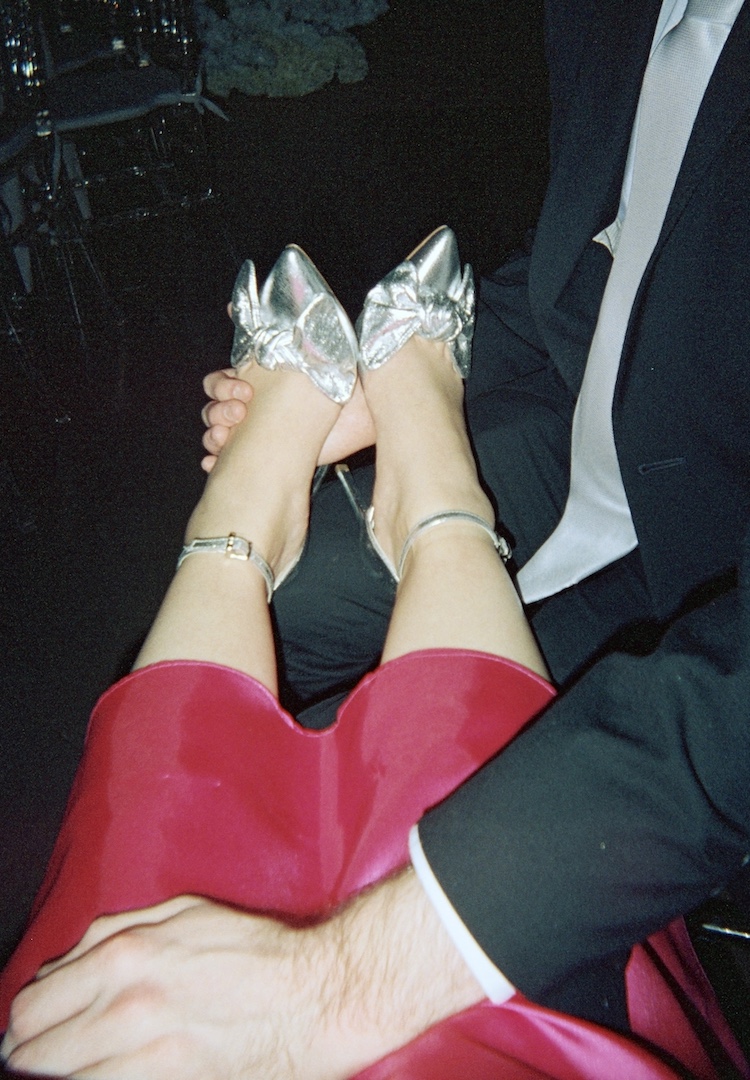How I Got Here: Melbourne International Film Festival’s programmer on the value of a non-linear career path
WORDS BY FASHION JOURNAL
“All the various skills from the myriad jobs I’ve had and projects I’ve been involved in have come in handy in surprising ways.”
Have you ever stalked someone on LinkedIn and wondered how on earth they managed to land that wildly impressive job? While the internet and social media might have us believe that our ideal job is a mere pipe dream, the individuals who have these jobs were, believe it or not, in the same position once, fantasising over someone else’s seemingly unattainable job.
But behind the awe-inspiring titles and the fancy work events lies a heck of a lot of hard work. So what lessons have been learnt and what skills have proved invaluable in getting them from daydreaming about success to actually being at the top of their industry?
Looking for a new 9 to 5? Head to our Careers page for new listings daily.
Welcome to How I Got Here, where we talk to women who are killing it in their respective fields about how they landed their awe-inspiring jobs, exploring the peaks and pits, the failures and the wins, and most importantly the knowledge, advice and practical tips they’ve gleaned along the way.
This week we speak with Kate Jinx, a writer, podcaster and programmer at Melbourne International Film Festival (MIFF). Despite her “quite mercurial path,” Kate’s experience across different industries – music, radio, art and design – has culminated in the diverse role she has today. “I think being able to see outside of just your specific set of tasks in a job can be really helpful and opens up new possibilities,” she says. Ahead of MIFF’s 73rd iteration, running from August 8 to 25, Kate reflects on her career journey so far.
What do you do and what’s your official job title?
View this post on Instagram
I’m a programmer at MIFF which means I program feature films (both new and restored) for the festival and curate the Talks program and some of our special events like Food & Film. Outside of MIFF, I’m a writer and I co-host a weekly culture podcast called See Also.
Take us back to when you were first starting out. Did you study to get into your chosen field, or did you start out with an internship/entry-level role and climb the ladder? Tell us the story.
I took a quite mercurial path to get to my current role – very meandering, with lots of travel and many, many jobs! I actually studied design at university but have always been very drawn to cinema. I worked through my twenties designing magazines, posters and album covers mostly and then after spending some time overseas, I became a volunteer at FBi Radio.
There I hosted a music show and then a film show that coincided with some of the film criticism and writing I was doing at the time for a few publications. I left my work in design when I got a call from the people behind Golden Age Cinema in Sydney about helping to start that up, and I became their Director of Programming.
On the side, I wrote for various publications and spoke about art and film on ABC Radio and TV, and then curated the All About Women in Film Festival at the Sydney Opera House. I moved to Melbourne in March 2020 (great timing!) to work at MIFF in the excellent programming department here.
What challenges/hurdles have you faced getting to where you are now? Can you tell us about one in particular?
It was a very steep learning curve when I started at Golden Age. I was the only one programming and it was a new business, so I had to figure out how to not just put together a film program for a brand-new venue, but also how to find the rights to screen them and how to negotiate fees, etc. I had no choice but to lean on the friends I had in the industry by emailing and calling to ask probably quite inane questions!
View this post on Instagram
It was a huge challenge, but I really loved it and relished the opportunity to curate something new and connect with great people. I used to publish and sell zines when I was a teenager and then ran club nights and parties with friends throughout my twenties, so am quite used to just throwing myself into the deep end and muddling through.
What’s the best part about your role?
Being able to connect with filmmakers through their work. It’s such an honour to be exposed to so many different cultures and ideas through art, and I love being able to then share that with other people and connect audiences to films both new and old. Everything’s a conversation.
It means I’m constantly learning, and I’m inspired by that every day. At MIFF, I have the great luck of working with a fantastic team in programming, and it’s always nice to bounce ideas between each other. The travel to international festivals doesn’t hurt either, of course!
What would surprise people about your role?
That it’s not just watching films all day. Sure, I do watch a lot of them – but a very large part of the role is admin. A lot of emails, scheduling and contracts. Also, not every film is available to be screened – sometimes there are no rights to a film, or not a good enough version to exhibit, or a company wants to hold off on screening a new film for various reasons. Just because it’s been made, doesn’t mean we can play it. It’s not all glamorous, that’s for sure.
What skills have served you well in your industry?
I think not having one straight path to where I am today has served me well. All the various skills from the myriad jobs I’ve had and projects I’ve been involved in have come in handy in surprising ways – from broadcasting to editing to designing identities to booking DJs.
I’m sure even the many years of part-time retail work at a vintage store have informed [one thing] or another. I think being able to see outside of just your specific set of tasks in a job can be really helpful and opens up new possibilities.
What advice would you give to someone who wants to be in a role like yours one day?
View this post on Instagram
My career path has not been the obvious one. I didn’t go to film school, study cinema, or previously work at a film festival. So don’t despair if you’re coming from another industry or educational background.
I’d suggest volunteering at a film/arts/music festival to see how all the moving parts work or become involved in something like your local radio station or film society. And watch films, of course. Go beyond what you’re naturally drawn to. Attend your local film festival and see what free talks and events they offer, who knows who you might meet there?
What about a practical tip?
Stay curious!
MIFF is running from August 8 to 25. Find out more and explore the program here.

